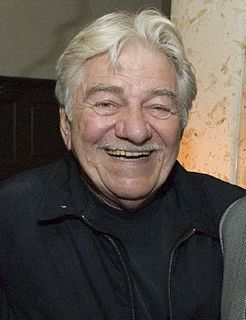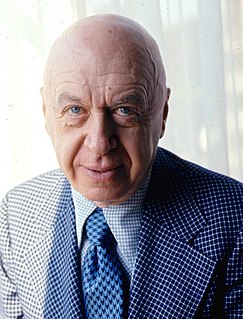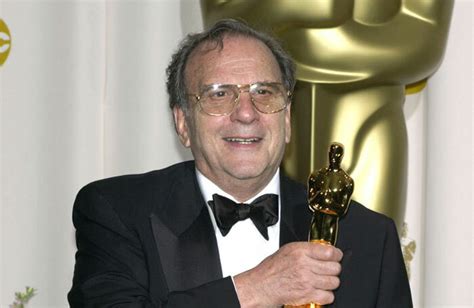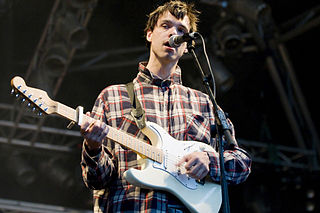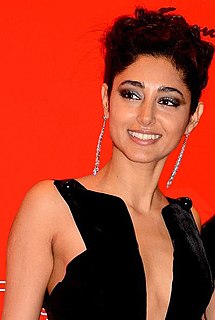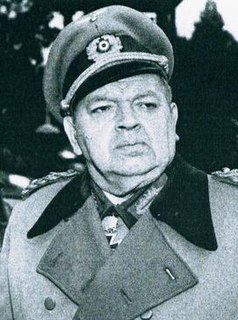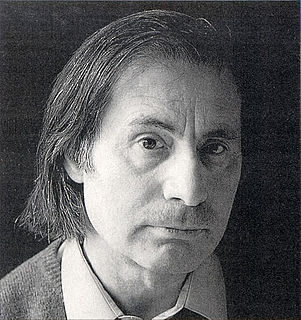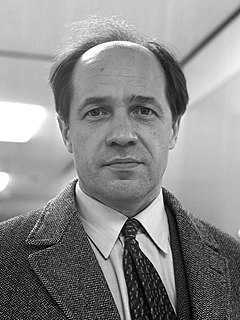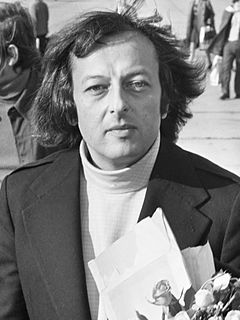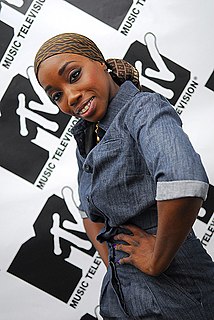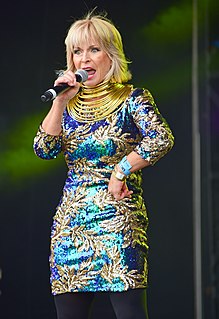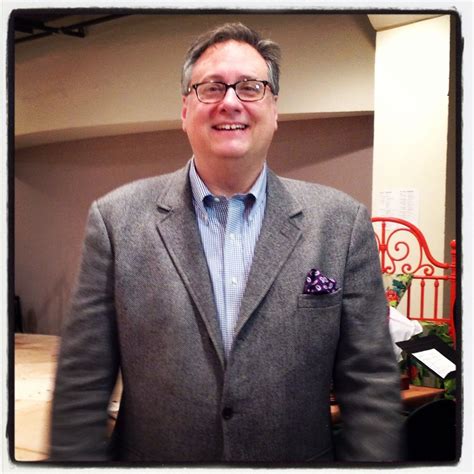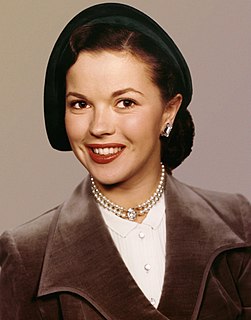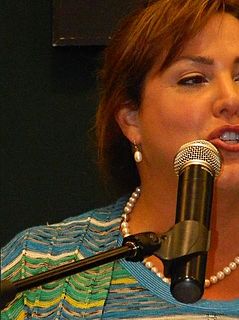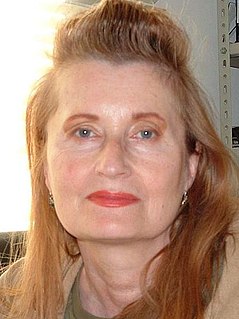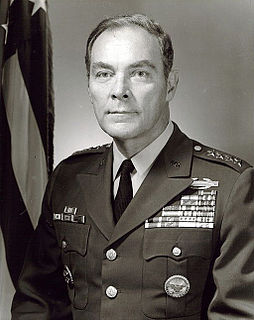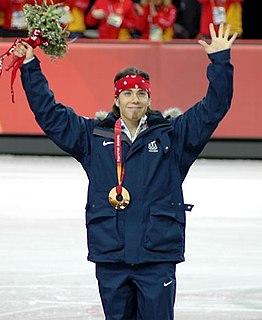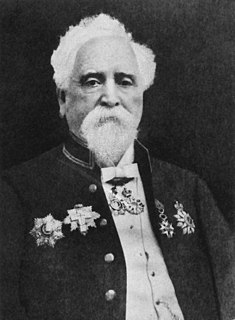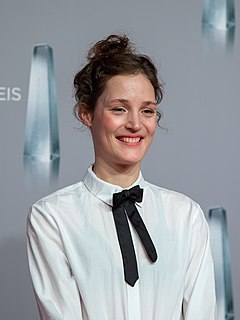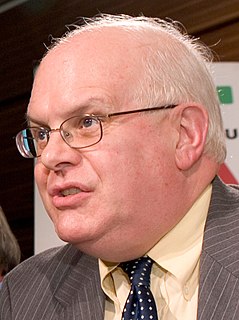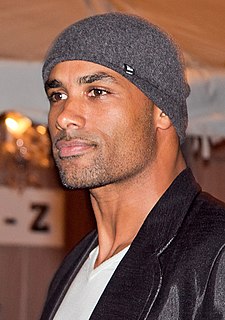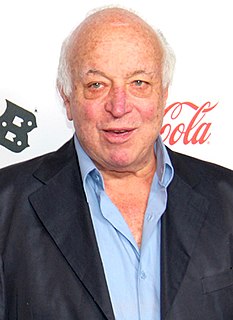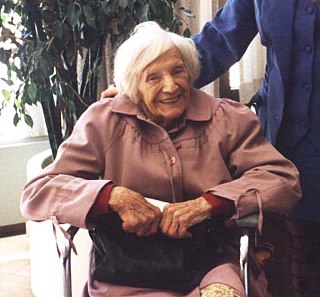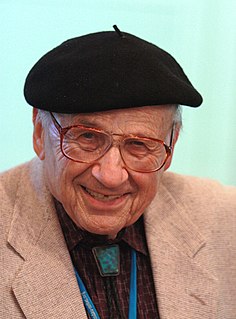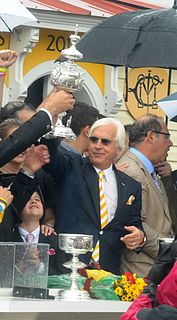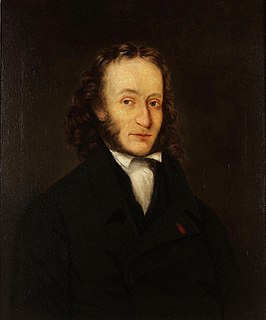Top 138 Vienna Quotes & Sayings - Page 2
Explore popular Vienna quotes.
Last updated on April 21, 2025.
Like all young reporters - brilliant or hopelessly incompetent - I dreamed of the glamorous life of the foreign correspondent: prowling Vienna in a Burberry trench coat, speaking a dozen languages to dangerous women, narrowly escaping Sardinian bandits - the usual stuff that newspaper dreams are made of.
In some of the great cities of Europe - Paris, Vienna, Prague, and Brussels - tourists bored with life above ground can descend below. All these cities have sewer museums and tours, and all expose their underbelly willingly to the curious. But not London, arguably the home of the most splendid sewer network in Europe.
In 1938, after Austria, our universe had become accustomed to inhumanity, to lawlessness, and brutality as never in centuries before. In a former day the occurrences in unhappy Vienna alone would have been sufficient to cause international proscription, but in 1938 the world conscience was silent or merely muttered surlily before it forgot and forgave.
There is a political process which we are trying to achieve through what is called the Vienna Group. That involves the establishment of a governing council, which is to take power away from Bashar Assad, to write a constitution and to open the way for elections. It is important that Bashar leaves in the beginning, not at the end of the process. This will make the transition happen with less death and destruction.
The coffee shop played a big role in Vienna of 1900. Rents were sky high, housing was difficult to come by, your apartment probably wasn't heated, and so you went to the coffee shop. You went to the coffee shop because it was warm, because it was great Viennese coffee, and you went for the conversation and the company.
I was not in agreement with the sharp anti-Semitic tone, but from time to time I read arguments which gave me some food for thought. At all events, these occasions slowly made me acquainted with the man and the movement, which in those days guided Vienna's destinies: Dr. Karl Lueger and the Christian Social Party.
You know, it's very clear, as one looks back on history again of the Cold War that, following the crisis in Cuba, following the Khrushchev - beating down of Jack Kennedy in Vienna, that President Kennedy believed that we had to join the battle for the Third World, and the next crisis that developed in that regards was Vietnam.
Among the numerous pleasures of Vienna the hotel evenings are famous. During supper Strauss or Lanner play waltzes...After every waltz they get huge applause; and if they play a Quodlibet, or jumble of opera, song and dance, the hearers are so overjoyed that they don't know what to do with themselves. It shows the corrupt taste of the Viennese public.
In Vienna, when I was a year-and-a-half or two years-old. I remember it because I remember the little blue raincoat I used to wear, and how the buttons felt. I liked to walk on the street in front of our house when it was raining, and jump into all the puddles. That's weird, but that's my earliest memory.
Music was literally in the air at the time, the Vienna of 1780. Everybody played music, classical music. There were in fact so many musicians that in apartment buildings people had to come up with a schedule - you practice at 5 p.m., I'll practice at 6 p.m. That way the music didn't collide with one another.



